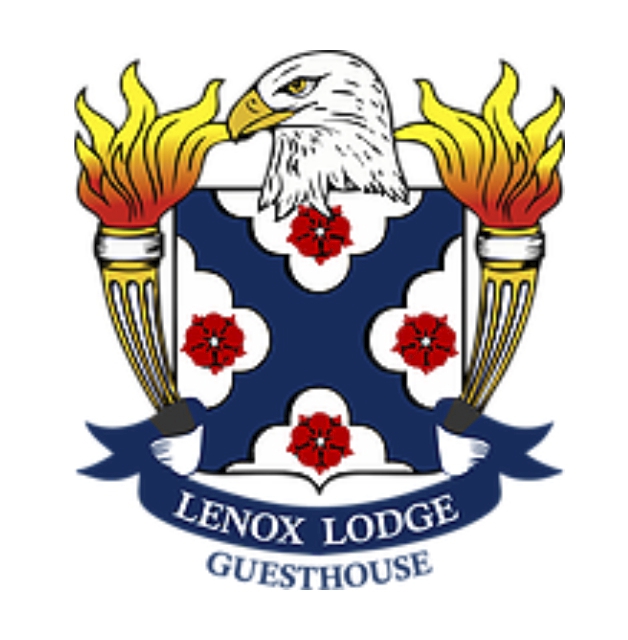1886 Australian prospector George Harrison discovers gold on what was then called the Witwatersrand, spurring a gold rush. The tent camp becomes a magnet for fortune hunters who make their way to the mining encampment bringing with them contract labourers. Within three years the place becomes the largest settlement in South Africa.
1887 The city’s first newspaper The Star and the Johannesburg Stock Exchange is founded.
1893 The Johannesburg Public Library opens in a corrugated iron structure aimed at offering young men recreational activities other than drinking and visiting brothels.
1890s A number of large mining companies control the area’s gold mines, creating enormous wealth for the company owners.
Cue the so-called ‘Randlords’ whose legacy still remains in the architectural styles of their mansions on Parktown Ridge.
1899-1901 Strained relations between the mine barons, English-speaking new arrivals and the Transvaal’s Boer government lead to the Anglo-Boer War, and subsequent British control of the area. The colonial government formalises racial segregation which later will be entrenched by the iniquitous system of Apartheid.
1920 Protests and strikes erupt over the appalling conditions in which the city’s black workers live.
1922 White miners agitate for change culminating in the “Rand Revolt”. Two hundred miners die.
1928 Johannesburg is declared a city.
1948 White privilege is entrenched with the ascension of the Nationalist Party, who implement the policy of Apartheid, relocating thousands of black people to remote “homelands” and introducing pass laws to severely restrict their movement. Black opposition parties are banned.
1955 The South African Congress Alliance gathers in Kliptown, Soweto to adopt The Freedom Charter. The stage is set for increasing resistance to Apartheid policies.
1963 Soweto (South Western Townships) is formally named as a settlement for black South Africans.
1970s The city of Johannesburg booms. Construction of high-rises includes the Carlton Centre, Hillbrow Tower and residential block Ponte City. Sandton City is also built, in an area largely comprised of farmland.
1976 The Soweto Uprising by children against the Apartheid government’s discriminatory education policies is a milestone event. When South African police force members open fire on unarmed children they unwittingly start to bring about an end to Apartheid.
1980 The following decade is the most turbulent in South Africa’s recent history, with states of emergency declared, violence erupting in the townships, street battles against the racist police, detentions without trial for political activists, tightening sanctions and heightened state security.
1990 State President FW De Klerk makes a momentous announcement to unban banned organisations and to release political prisoners, among them the world’s best known prisoner, Nelson Mandela. On February 13 after his release, Nelson Mandela addresses a packed stadium at Soccer City, Soweto (now FNB Stadium).
1994 South Africa holds its first democratic elections. Nelson Mandela is elected President of a free country. Having lived in Alexandra and Soweto at different times of his life, he now makes his private home in Houghton, the house in which he died.
1995 The almost exclusively white Springbok Rugby Team wins the World Cup against New Zealand, and a triumphant Nelson Mandela walks onto the field at Ellis Park to join the team, wearing the Captain’s jersey. This is an enormously significant act, crowning his efforts at reconciling white and black South Africans.
2003 The Nelson Mandela Bridge is built.
2004 The Constitutional Court of South Africa building on Constitution Hill, Braamfontein, is inaugurated. In the same year Johannesburg grants Nelson Mandela freedom of the city.
2010 The 2010 FIFA World Cup Opening Ceremony and Final are held at Soccer City, now FNB Stadium in Soweto.
2013 On December 5, the world bids farewell in Johannesburg to one of its all-time greatest leaders, former president Nelson Mandela.
